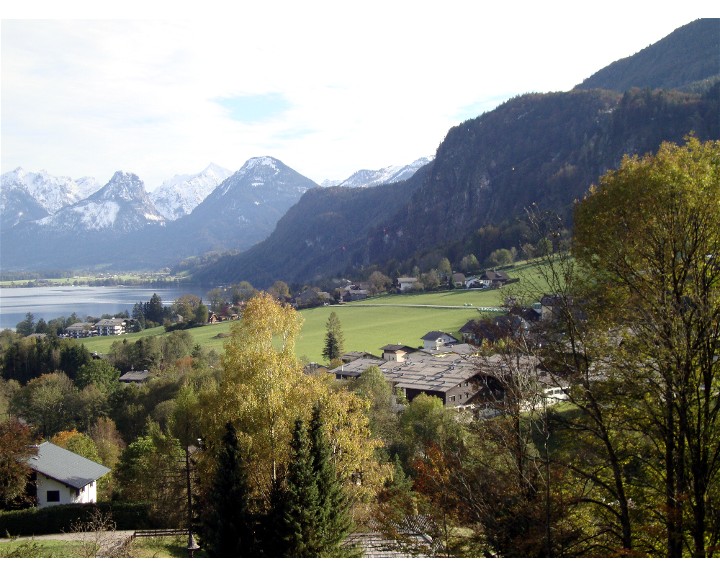
Austria's Alpine glaciers are melting at a record level, with the Austrian Alpine Club saying that it had never measured such a pronounced annual retreat as in 2022 since beginning its
monitoring late in the 19th century. The club stated that there had never been a greater loss of glaciers, sounding a "red alert" for the region. On average, the 89 glaciers observed by the club had lost 29 meters in length, the biggest average loss of glaciers in a year since the end of the 19th century. In comparison, the melting of glaciers in 2021 had resulted in an average decrease of 11 meters in length.
Pasterze, which is the largest glacier in Austria, lost 14.7 million cubic meters of ice mass from the lower section, highlighting the concerning trend of glacier retreat. The Austrian Alpine Association warned that the glaciers were likely to be all-but melted by 2075, or probably sooner.
The summer months of 2022 in much of Europe were particularly warm and dry, and the snowfall and winter weather in much of the Alps was also slow to set in late in the year. The leaders of the Alpine Society's glacier-measuring service, Gerhard Lieb and Andreas Kellerer-Pirklbauer, attributed the result to a combination of the below-average amounts of snow in the winter and another long and very warm melting period, which began around the transition from May into June and carried on into September.
Despite the trend of worrying figures in recent years, Lieb and Kellerer-Pirklbauer said that 2022 would go down as one of the least favorable years in the history of glacier research. "The drastic glacier retreat... undoubtedly makes clear the consequences of human-caused and massively intensified climate change," the two scientists said.
In addition to the melting of glaciers, Austria is also experiencing the impact of the climate crisis in other ways, including regional droughts, floods, mudslides, and rising sea levels. The president of the Austrian Alpine Association, Ingrid Hayek, warned of the consequences of glacier melt for the region.
"The touristic development of glacier areas is, in the opinion of the Alpine Club, simply no longer justifiable at a time when the climate crisis is already having an enormous impact on the glaciers," the organization wrote.
A study published in the journal Science in January estimated that by the end of the 21st century, half of Earth's glaciers and a quarter of their mass is likely to melt away. The situation in Austria highlights the urgent need for action to address climate change and reduce global carbon emissions. Photo by Michael LoCascio, Wikimedia commons.








































